Road trip to India during turbulent times
- kriezler
- Aug 24, 2022
- 14 min read
Updated: Apr 28, 2023
Three gastronomy colleagues, three friends or more than that, three soul mates.
The story before the story.
Hubert Moosbrugger from Bizau and Manfred Robausch, called Hopsi from Styria
had completed their apprenticeship as cook and waiter at the Hotel Kreuz in Mellau. After my apprenticeship as a cook at the Gasthof Adler in Mellau, I disengaged from the army in the fall of 1976.
Manfred Robausch and Hubert Moosbrugger in their room at the Hotel Kreuz in Mellau.

Adlerwirt Albert Matt in Mellau was the sole owner of the ski hut since the spring of 1976. In the summer an extension was made. In the fall, Tone Matt had asked Hopsi and me if we wanted to take over the ski hut in the coming winter.
Hubert had already agreed to work as a cook at the Sporthotel Körbersee. Hopsi and I helped Tone Matt with the interior work of the new ski hut.
A new bar counter was built in the old restaurant, and the first billiard table in Mellau was set up in the adjacent new Stüble. A professional DJ system with sharp Bull Magnat boxes was purchased.
Also a double room with shower found place in the extension.

Then at the beginning of December was the reopening of the ski lodge. The concept was relatively simple.
Open seven days a week from 9:00 am to 2:00 am. Hops was alone in the service. I was alone in the kitchen and at the buffet. At noon there was a menu prepared at the Adler and delivered daily by Tone.
At that time, there was no dishwasher in the kitchen nor was there a glass washer at the buffet.
Since business was booming, Gisela Dreher of the Adler was allowed to help out in the kitchen and at the buffet.
Every evening at 8:00 pm the first discotheque opened in Mellau in the ski hut. Then I was the DJ.

That was a winter with a lot of snow and a lot of wind. The ski courses were all held at Kitzbühel. Hubert was snowed in at Körbersee for weeks and visited us for the first time in March.
Ski school director Hubert Ratz asked: Is this a ski hut or a beat shed?
After this hard winter season, we had a proper party at home in my basement bar. After a drunken night, the decision was made that we needed a time out at some point. The preceding brainstorming brought all kinds of ideas: From 'a year of camping in Schönenbach' to 'looking after the cattle in the mountain' everything came up.
This picture was taken in the morning around 6:00 am when we wanted to become goat farmers in the 'Wölfler'. The two on the right are Hubert and me.

Then Hubert had the glorious idea to get a box of cigars in Sumatra. All of a sudden the case was clear for us. Time out for a year as soon as we could afford it and get the cigars in Sumatra, Indonesia.
Hopsi after the all-nighter.

To earn money, I immediately left for Switzerland, Hopsi followed me in the fall and Hubert worked as a cook at the Waldrast in Sibratsgfäll.
From the early summer of 1977, preparations were already underway. We looked at possible route variants not only in the atlas, but also on the globe.

We needed all kinds of documents and vaccinations.

By chance I got a guidebook in Switzerland which made things much easier. It was very popular those days as a young European to go to Kashmir, India. Kashmir was known as 'Happy Valley' and boasted to be the only place in the world where drugs were legal. This was not exactly the motivating factor for us as we did not know anything about drugs at all.

From the beginning of April 1978 we were all together again. We bought a 15 year old VW Bus Bulli T1 in Götzis for 3.500,- Austrian Schillings, which was already converted into a camping bus. The system was simple. In the interior were longitudinally 2 boxes with storage space, mattresses on top for sleeping. Above the engine with the tailgate open we installed a small kitchen with a 2 burner gas stove and a 50 liter water barrel.
Hopsi takes a look at our bus.

Proper books, good friends.

Then came the big disillusionment. Hopsi received a call from his parents in Styria. His call-up to the army had fluttered into the house. All requests for postponement were not heard. Hubert and I had paid Hopsi his share of the costs and Hopsi left for Styria the following day.

Hubert's brother Kurt was at the HTL Bregenz (technical school) at that time. He made metal grilles for the front headlights and a removable grille for the windshield for us. We read in our guidebook that they would throw stones at us in Kurdistan.
Kurt converted the bus from 6 to 12 volts so that our radio with cassette part ran.
Finally I could not only hear my music by Bob Dylan, Cat Stevens and the Rolling Stones, but also feel it.
Our travel budget was very moderate and now we could split the whole thing between just the two of us. The top premise was always that we could afford a flight home from the furthest point at any time in case of emergency. We also had to promise that to our parents.
But it also had a big advantage. Hopsi was knitted exactly the same as me. Exact planning, nothing left to chance, determining etc.. Hubert was exactly the opposite, he didn't care about anything as long as it went towards Sumatra. We did not even argue once. Hopsi and I would often have gotten into a tiff.
On April 14, 1978, the journey began. First, of course, we had to visit Hopsi in Weiz, Styria.

The first dinner at Pass Thurn.

We even appeared in a local newspaper.
Die Neue 20.4.1978

In Yugoslavia we mounted the snow chains for the first time to get out of the mud.

On the roof we had 3 spare tires and 4 canisters for gasoline. Otherwise, we had a fan belt under the driver's seat that was already there when we bought the bus. Otherwise we had no spare parts and no tools.
But the kitchen was perfectly equipped.
Rijeka Yugoslavia, the first time by the sea for both of us.

Shortly before Split we had the first flat on a rear tire.

We found a jack, but it was worthless, because the substructure on the bus was completely rusty and along the frame holes opened up against the interior. Hubert unceremoniously lifted the rear of the bus while I changed the wheel.
By the way, Hubert was my bodyguard. He was not afraid of anything or anyone, but I was.
We have spent the night mostly in some meadow, of course without asking before.

Dinner, ravioli with a Dalmatian heavy red, fresh from the barrel.

Our sleeping place above the rooftops of Dubrovnik.

Budva, Montenegro.

Shortly before the Albanian border we had to go into the mountains. Albania was sealed off at that time like North Korea is today.

The farmer's wife was afraid we would slaughter a sheep of hers.
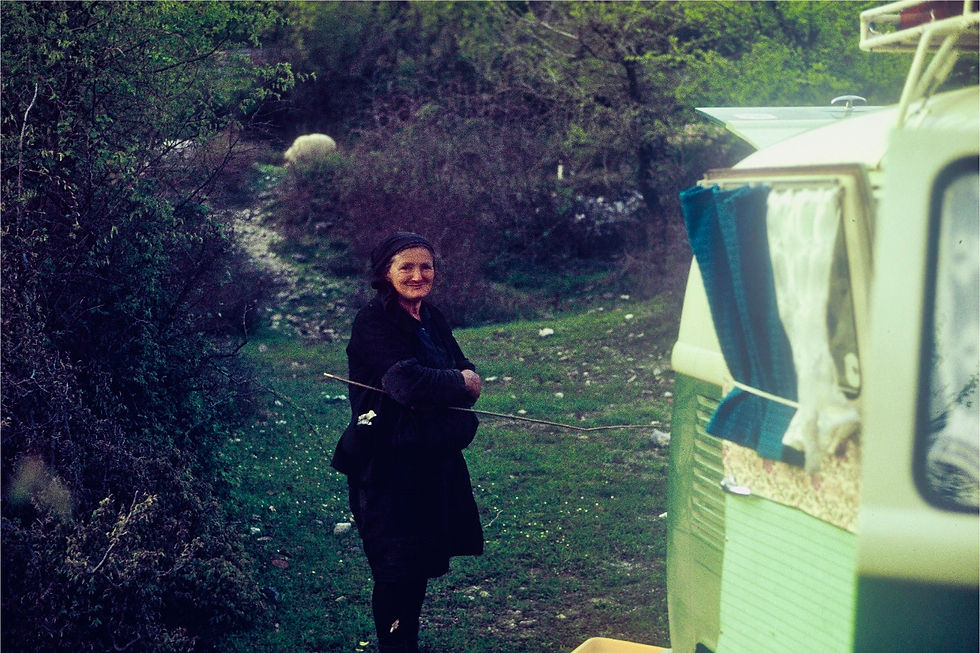
Actually, according to the itinerary, we wanted to go to Piraeus, then take the ferry to the island of Chios and then another ferry to the Turkish mainland.
Unfortunately, this ferry connection between Greece and Turkey was discontinued since the Cyprus crisis in 1974.

So we had to go the long way back via Thessaloniki to Istanbul.
In Greece wild camping was forbidden.
At the campsite in Larissa. From here it is one hour to Olympus.

Camping Athens, Greece.
Directly by the sea and directly by the airport.

Laundry day.
Friedensreich Hundertwasser would have had his true joy with our clothesline.

Hubert in front of the Parthenon.

Camping Katerini, Greece.
Fresh mussels for dinner.

Alexandroupoli campsite, Greece.
Our Swiss neighbors came back from India and gave us valuable tips.

Camping Istanbul, Turkey.

The Blue Mosque.


Evening atmosphere at the Bosporus,
Orient and Oxident. An uplifting feeling. Asia is over there.
The next day we went to the city.
After all, you don't treat yourself to anything else.

The two Bregenzerwälder cooks were in heaven.
Goodbye Europe.

Here the Turkish police wanted to take my camera, because the Bosphorus Bridge was considered a military area.

Between Istanbul and Ankara.
The campsites become more rustic. The people were very nice.

Here we waited 3 days for gasoline.
In Ankara we got the Iranian visa at the embassy.
From Erzurum we had this view while driving. Kurt's grille was mounted.
In front you can see the signposts to Iraq, Syria and Iran.

The adventure through wild Kurdistan began.
We drove through the border areas of Syria, Iraq, Armenia, Azerbaijan and Iran.
At Tahir Pass the first stones were flying .
Close by is Mount Ararat at 5,137 meters. We did not find Noah's Ark.

Road situation just before the Persian border.

One pothole too many. The bung on the water barrel was knocked out, and one of the uprights on the roof stand broke.

After 4 hours at the border we arrived in Tabriz, Iran.
In contrast to Turkey, Iran was at that time an almost western country with all comforts.
The gasoline cost about 30 groschen a liter at that time.

After our roof stand was welded we went on to Takestan, Iran.
At the campsite in Takestan.

Here we met the Berlin couple Waltraud Knoblauch and Klaus Stadelberg. They suggested to us to drive from now on in the convoy, that we had the same distance up to India. So the two were 'Piefke saga' high ten.
The German thoroughness was to be felt. Almost an entire engine of spare parts, all kinds of tools, air filters on the roof for the desert, etc.. There we could not keep up with our V-belt.
The roads got better and better and in the direction of Tehran it became greener and greener.

Since Takestan, the unrest in the small towns has increased. There were demonstrations everywhere. We had no idea that the Shah of Persia was about to be removed and that the Ayatollah in Paris was already in the starting blocks. We were not really interested.
Maybe we should have read Der Spiegel instead of Bravo before we left?

The cattle looked a little funny.

With the Berliners at the camping site in Tehran.

Waltraud: Hey you, on the toilets it looks like shit! Klaus: Next time you have to go to the Black Forest, you stupid cow!
The unrest on the streets of Tehran increased more and more. There he still rides, the Reza Pahlavi. On 19.1.1979 he will leave the country forever.

The Statue of Liberty of Tehran.
The next morning we had to go to the Afghan embassy to get the visas. Arriving there was a huge commotion. Nobody knew what was going on. Finally we learned that the country was closed until further notice. What nobody knew was this:
What started as Soviet aid for a coup ended in a war that lasted for years.

So what to do? To Afghanistan and over the Khaiber Pass to Pakistan was not possible.
So off to the south. Through the whole of Iran, turn right at the bottom, there it goes to Pakistan. Then drive up through the whole of Pakistan without roads and then turn right to India. Sounds logical, doesn't it?
Towards Qom, where the nuclear weapons are stored.

The Sheik Lotfollah Mosque in Isfahan.

The new Sheik is called Hubert Moosbrugger and comes from Bizau, Austria .

The good road is history and it is slowly getting warm. 45 degrees Celsius and hardly any cooling at night.

As of now, our parents read in the newspaper at home that Pakistan and India are dealing with an unprecedented heat wave. We, of course, thought the heat was normal.
Near the border town of Zahedan.
Hubert talking to a farmer.

At the border, it went surprisingly well this time. However, we had a flat tire again.

Our small convoy has arrived in Pakistan.

Somewhere on the way to Quetta. Distances are in miles. (x1.6)

Where is the road here, please. At this point, Hubert had to sit in the back, because the front right shock absorber has given up. I had to drive always full throttle, because we were not allowed to get stuck. We had no shovel.

The Berliners often arrived at their destination half a day late. They could afford to spare their bus.
But then the Berliner Klaus always cursed and talked to himself: I always say that the Balkans begin behind the Brenner Pass, and from there on, there's the permanent shit!
After 1200 km of dirt road, there was suddenly a new road that the English were building.

We have arrived in Quetta. The temperature was now 50+ degrees Celcius and the mosquitoes were becoming obnoxious.
A bus from England.

Quetta is where they still knead the flatbread with their feet in the good old fashioned way...

....and where you paint the chicks before you sell them.

Now we are going to the mountains of Baluchistan.

The beautifully decorated buses in Pakistan.

We have often seen the Rotel Tours traveling hotel. A German company that still exists today.
During the day they drive in the bus, at night they sleep in the cabin in the trailer. They cooked together. A great thing for students and young people.

Sand track again.
Near Multan.
Wood is scarce in the desert.

The roof stand finally gave up. So gasoline and tires went into our living room and the roof stand in the desert.

We now only drove with sunglasses and mouth guards. The sand came from below through the holes in the floor into the interior of the bus. The cassette radio also had sand in its transmission.
Finally we arrived in Lahore in Northern Pakistan. The temperature had rather increased.
We rented a room at the YMCA.

The Pakistani bed was not strong enough for Hubert.
The Badshani Mosque in Lahore.

Admission was allowed only barefoot or with Pradas.

They increased the gross national product.

Eyes closed and through.

Our reception committee in Amritsar, India.

Every globetrotter must have been here once, at Mrs. Bandaris's Guest House in Amritsar.


In comparison: on the left my picture from 1978, on the right a picture from the internet from 2013
Mrs. Badari was a typical Indian mistress, very posh, very demanding and very commanding. At that time she was already over 80 years old. Above her kitchen was the sign Commando Bridge.
The food was wonderful.


The next morning we left for Kashmir.
In the evening above Jammu at 1200 meters. Pleasant 30 degrees Celsius and no mosquitoes.

Hubert shows us his Pakistani mosquito bites.
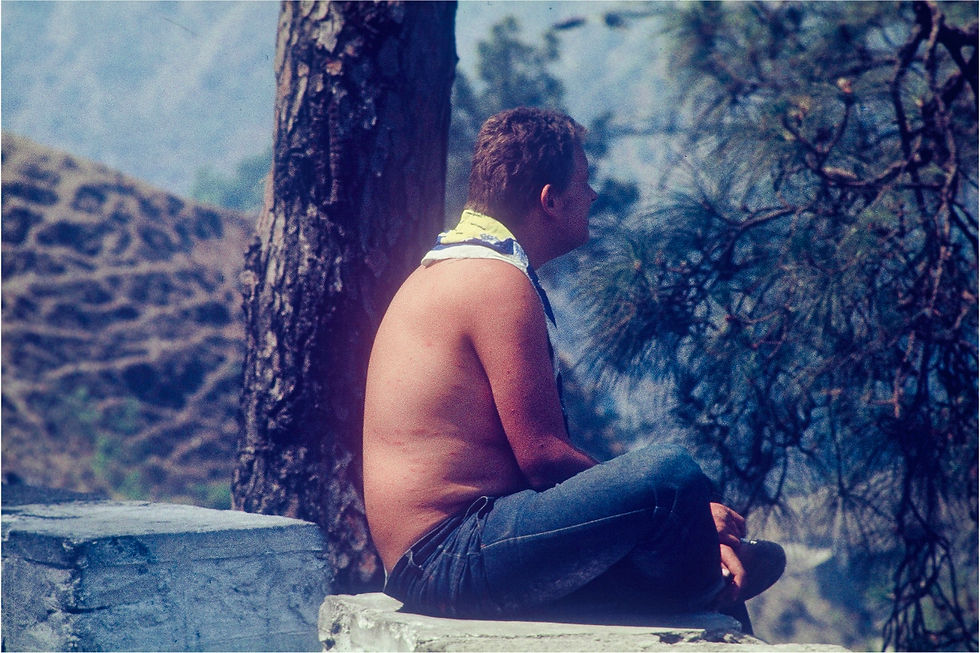
34 hp are just little for the road to the high mountains.

Communication without words.

The gateway to the Happy Valley.

Here it grows, the Basmati rice.

In the background, K2 and Nanga Parbat.

By the way, at that time there was already a fight in Kashmir over the border between India and Pakistan.
Srinagar is like Venice only with fresh water. Three lakes connected with a little mainland. The whole life takes place on the water.
At the campsite in Srinagar.

Our neighbors from England, Holland, France and USA.

Baba knocked quietly on our door the first evening. He recommended himself as a butler with some letters of recommendation. For about 2 Austrian Schillings a day, he did all the shopping, was our cab and good friend.
Here at Afternoon Tea on his Full Springseat boat.

There are no hotels in Srinagar, but there are houseboats as hotels.

Life takes place on the water.
Also the bathhouse was on a houseboat, with British High tea included.

Our bus has had to go through a lot with us, but it has always been brought back to shape. But now the alternator was broken.
On the picture we see the certified VW workshop in Srinagar. They did not have a suitable
alternator, but they rewound the old one.

After a week we left Srinagar and were heading south. The Berliners stayed still in Srinagar and waited for the snowmelt to reach the Tibetan Lee and Ladakh.
In Jammu we met two US Americans who came from South India.
Their report is devastating. The heat wave was so unbearable that locals are dropping dead on the road. In addition, the rainy season had lasted much longer this year and therefore the road to Nepal is impassable. In addition, there was a message that Afghanistan was open again.
Has our dream now really burst. Who will get the damn cigars in Sumatra? After a restless night, the decision was made the following morning. We drive back to Pakistan, then over the famous Khaiber Pass to Afghanistan, then through Iran, Syria, Iraq to Lebanon, then around the Mediterranean Sea to Gibraltar and via Spain back home.
We were at this time not yet 2 months on the road and had planned a year.
Below Jammu our V-belt broke. Now we had to use our only spare part.

The next day we went back to Pakistan towards the divided capital of Islamabad and Rawalpindi.
At the height of the airport of Rawalpindi there was a coarser explosion in the engine.
The V-belt was too wide, and snapped after a few kilometers. Since the control lamps in the bus did not shine brightly, I did not see this. At some point the engine was so hot that it exploded.

When Hubert and I got out, Hubert vomited and more or less collapsed. I ran over to the airport gas station and asked for help.

A son of the gas station immediately arranged for us to get a room at the nearby Intercontinental Hotel. In the meantime, he had the bus towed away.

When we arrived at the hotel with air-condition, we noticed that it was 53 degrees Celsius outside.
The gas station owner family was western oriented, had contacts in Switzerland and helped us where they could.
They ordered a cab for us and I drove with Hubert to the hospital. It was an experience only seen in the movies. Blood stained bed sheets, mosquito nets over the beds, etc. It turned out that Hubert was totally dehydrated and had signs of typhoid fever.
I took a cab back to the hotel. When I wanted to pay the cab driver, he suggested that he would only be there for us for the next few days if he could get the car radio from the bus.
The following day I was able to pick up Hubert from the hospital. He was not exactly well, but better.
That morning we learned that Afghanistan was already closed again.
Hubert at the Intercontinental Hotel.

The next morning we took a cab to the Austrian Embassy. The ambassador welcomed us with the words: Hello boys, are you shitting I your pant?
The ambassador was very helpful. Our main problem was the bus . Since Turkey I got a stamp in the passport at the border that I had to export the car again so that it could not be sold. Now I was missing the Pakistani exit stamp. There were two options. We had to have the car officially scrapped to get the stamp, or we had to officially sign it over to the government. We chose the latter.
Somehow we knew that if we didn't travel home now, the whole thing would turn ugly.
After that we probably did everything in the wrong order. First we bought 2 big suitcases to pack our photo material and souvenirs. Then we went to the travel agency recommended by the ambassador and booked flights.
With PIA (Pakistan International Airways) the following day at 8:00 pm from Islamabad to Karachi. Onward flight the following morning 5:00 am with PanAm from Karachi via Tehran and Istanbul to Rome and with Alitalia to Zurich.
With the Custom Warehouse (customs authority) we had made an appointment on the following day at 5:00 pm in order to deliver the bus.
In the afternoon I suddenly had abdominal pain and I had the same symptoms as Hubert. The taxi driver took me to the hospital. I was allowed back to the hotel that night, but I felt very bad. The following afternoon Hubert and the taxi driver removed the car radio.
Then the two drove to the customs office with the bus in tow.
At 6:00 pm the taxi driver came back to the hotel without Hubert. He did not speak a word of English. The man indicated to me only I must come along. So I pulled myself together and drove with him to the Warehouse. Actually logical, the officers wanted to see the man who owned the passport with the car stamps. In 5 minutes everything was done.
We drove back to the hotel and just caught our flight.
I don't want to keep the original itinerary from you. We would have gone to Nepal and then to Madras.

Then by ferry to Medan, Indonesia. There we would have picked up the cigars. Then we would have gone by ferry to Penang, Malaysia and further by bus to Bangkok. There we would have sold the bus and flown with Aeroflot for 80 US dollars to East Berlin.

The problem with flying was that we both had to go to the bathroom all the time, especially when you had to be strapped in.
At some point we boarded the plane in Rome. There we had red wine. We both drank only one sip and both had to run to the toilet again.
Then we took the train to Bregenz and the Wälderbähnle to Egg.
From the station I called home. My father was on the phone. He didn't know his way around at all because a picture postcard had arrived from India the day before.
Since then, green has been a very beautiful color for me.

Statistics.

A passport tells stories.

The sad detail on the side is that since then you can no longer cover the same distance by car as an Austrian, then there was or is always war somewhere.
Klaus Riezler and Hubert Moosbrugger.

The best comes always at the end.
The moral of the story: Live your dreams while you're young, later you may not dare.
In the 90's, I invited Hopsi and his wife Traude on a 14-day cruise in Asia. Sumatra was of course include and we had a few cigars too.

I would like to dedicate this story on behalf of Hubert to our blood brother Hopsi, who passed away completely unexpected a good two years ago after a routine operation.

All blog posts can and should be shared so that many people can follow the post.
If you register on the home page, they will always receive a short email when more posts are published.
In addition, you can then comment at the end of the posts, which I will be happy to answer.
All my blog posts are free of charge. But I would be very happy about a visit in my little bar in Egg, Großdorf.
Klaus Riezler.



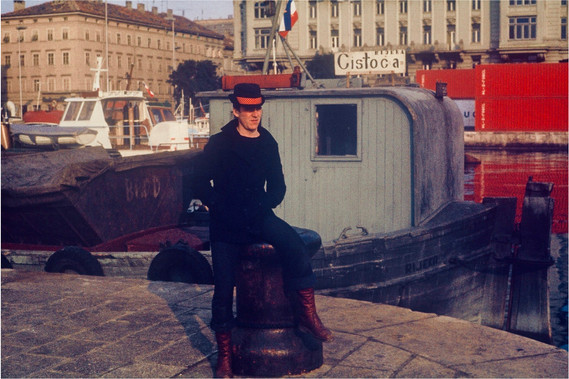
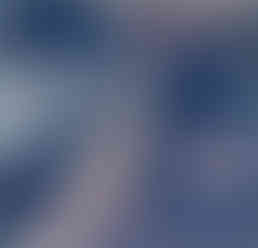

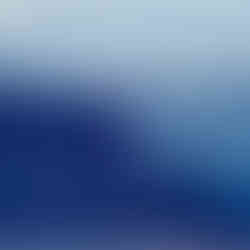

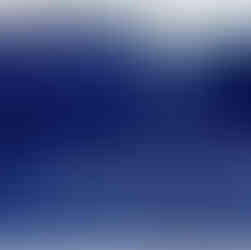




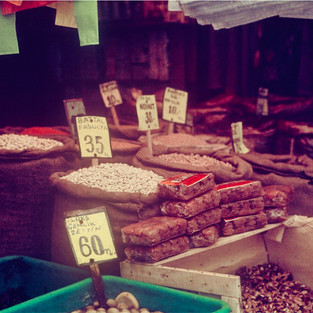
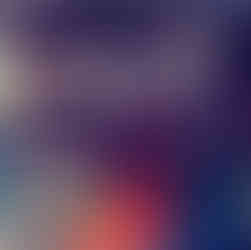

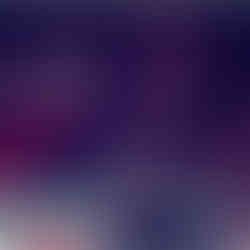

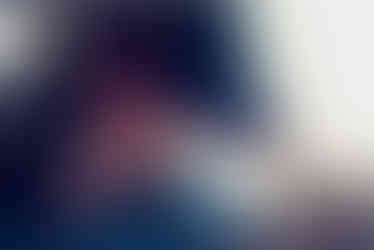

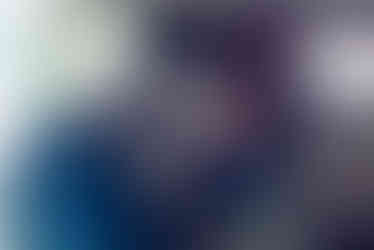

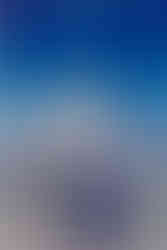

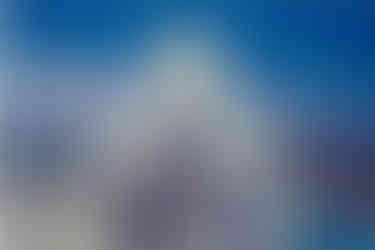

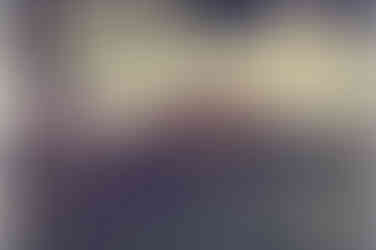









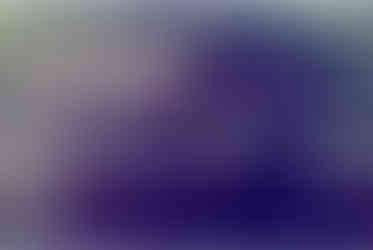





Comments